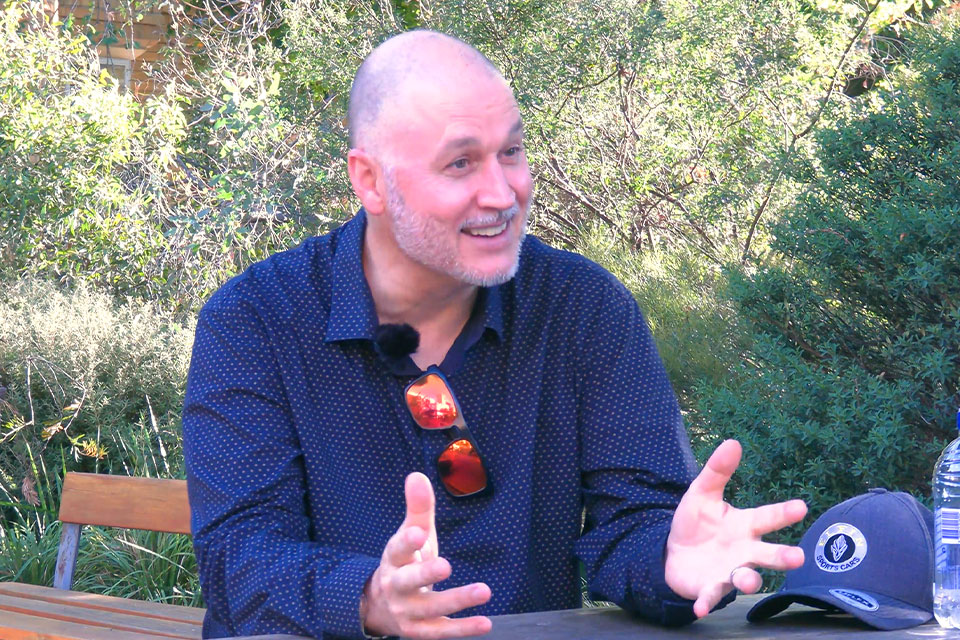In the ever-evolving landscape of technology and business, understanding the nuances of knowledge management is crucial for success. Stuart French, a renowned expert in the field, offers us a glimpse into his fascinating journey, from his early days on a dairy farm in Gippsland to becoming a world-renowned knowledge manager.
The Importance of Culture in Business Growth
Stuart emphasises the critical transition phase for companies expanding from 350 to 500 employees. He notes, “If you don’t have your culture right, that’s where the rot sets in.” It’s during these transitions that companies must ensure their foundational culture is strong to reap long-term benefits, especially in high-tech, high-growth sectors.
If you don’t have your culture right, that’s where the rot sets in.
- Stuart French -
A Personal Journey Through Complexity
Stuart’s personal story is as compelling as his professional insights. Growing up, he was deeply inquisitive, often dismantling objects to understand how they worked. This curiosity laid the groundwork for his future endeavors in complexity theory and knowledge management. His love for patterns and systems is evident, whether it’s mapping cow paths on a farm or playing the intricate game of Go, Stuart sees the world through a lens of interconnectedness.
The Role of Knowledge Management in Organisations
Stuart’s journey into knowledge management began at Yara Valley Water, where a chance encounter revealed the importance of capturing and managing organisational knowledge. He realised the difference between knowledge and information, a distinction that would shape his career. “I had no idea what that insight was going to do to my entire career,” he reflects.

In his professional life, Stuart has tackled complex challenges, such as transforming sales strategies by addressing underlying bonus structures rather than merely focusing on knowledge transfer. His approach emphasises the need to look beyond immediate solutions and consider the broader knowledge landscape.
Stuart’s expertise in complexity theory has also informed his unique coaching strategies in sports, where he applied principles of emergence to lead his team to victory. By understanding patterns and fostering an environment where knowledge flows organically, Stuart demonstrates how these concepts can be applied beyond traditional business settings.
As Stuart prepares to share his insights at an upcoming conference in Dublin, his story serves as an inspiration for anyone looking to harness the power of knowledge management. His emphasis on culture, the importance of storytelling, and the integration of AI into knowledge practices are lessons that resonate across industries.
For those interested in exploring this field further, Stuart recommends engaging with local knowledge management communities and embracing the complexity inherent in modern organisations.

